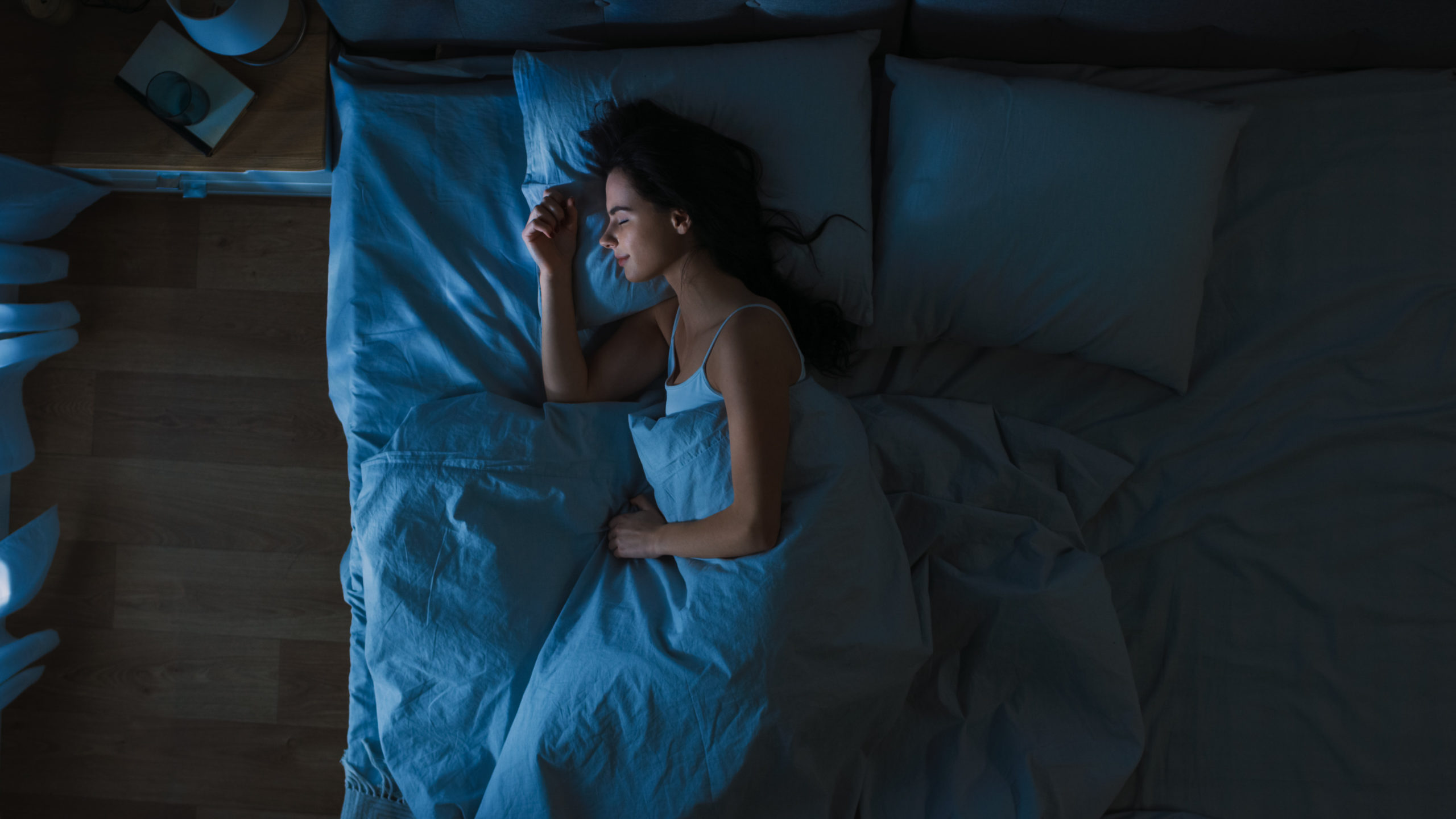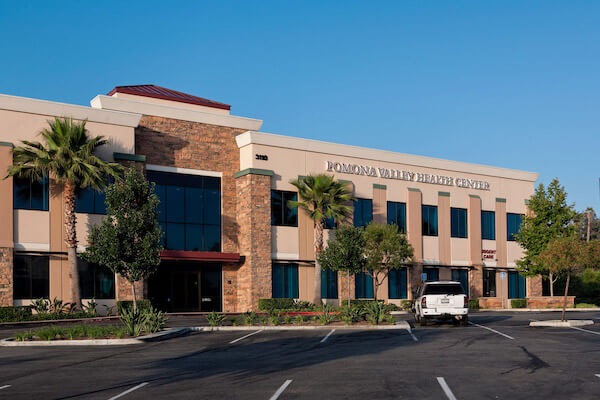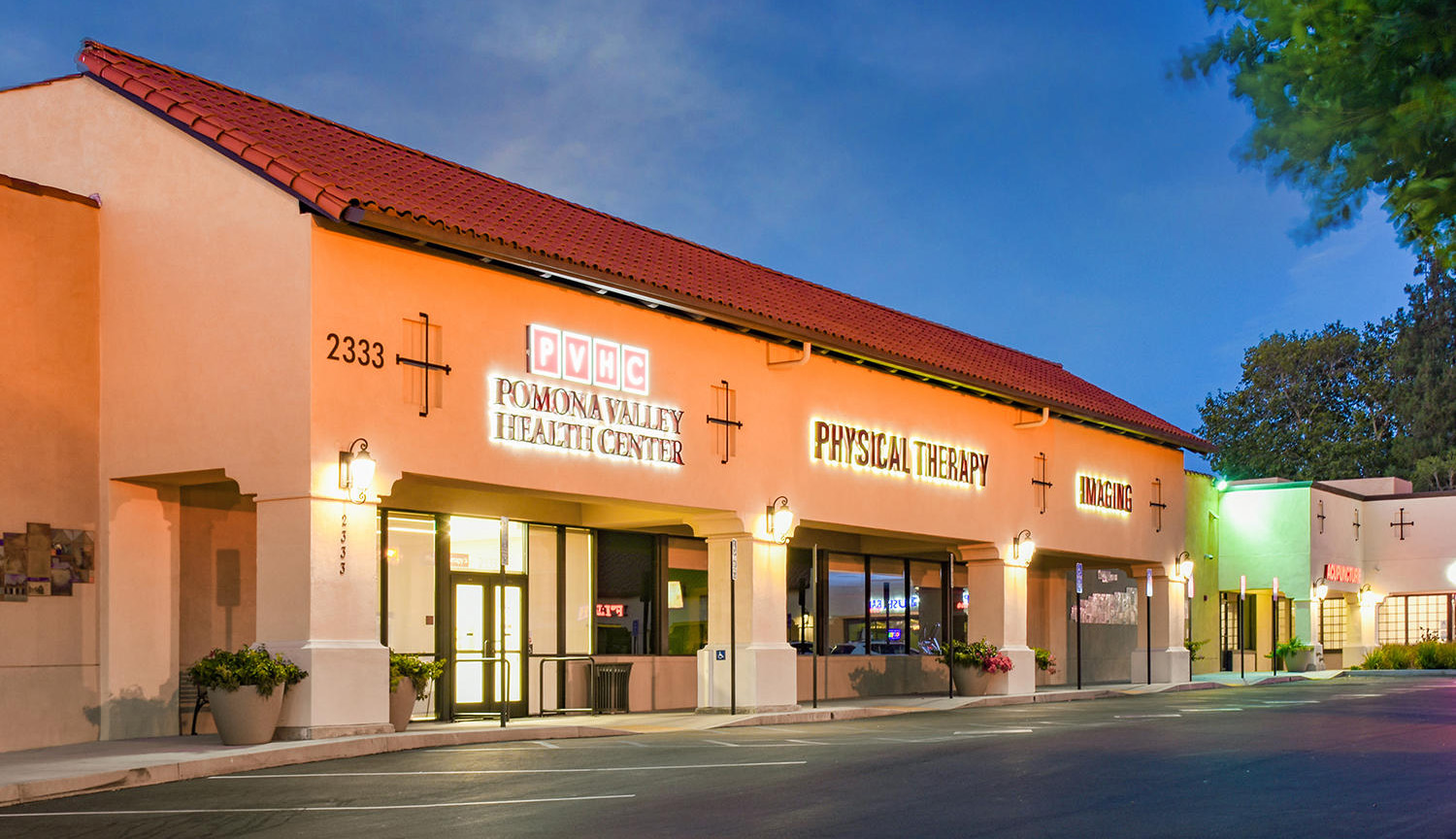
Not getting enough sleep is painful. Not only does it leave you feeling tired, but sleep loss also amplifies pain-sensing regions while blocking pain control regions in the brain. If you’re not getting 7-9 hours of quality sleep at night, you’re building a sleep deficit, which not only amplifies your aches and pains, but also affects your daily life in the following ways:
- Slowed thinking
- Reduced attention span
- Worsened memory
- Poor decision-making
- Lack of energy
- Increased feelings of stress, anxiety, or irritability
Chronic insufficient sleep cycles can also be dangerous. According to the Sleep Foundation, drowsy driving is responsible for more than 6,000 fatal car crashes every year. Moreover, people struggling with insomnia are 7 times more likely to have work-related accidents than those who are getting good quality sleep on a regular basis.
How to help yourself fall asleep
Whether you have trouble falling asleep or find yourself waking up in the middle of the night, try these five tips to help you get better quality sleep:
- Minimize light and sound
The National Sleep Foundation recommends turning off electronic devices, like cell phones, tablets, laptops, and other blue light-emitting devices, approximately 1 hour prior to bedtime. Blue light suppresses the body’s release of melatonin, a hormone that causes drowsiness. It’s also important to protect your sleep environment against unwanted noises while you sleep. Noise can prevent you from falling asleep and lead to difficulty staying asleep during the night. Nighttime noise may also cause extra production of hormones like adrenaline and cortisol as well as elevated heart rate and blood pressure, all of which can inhibit sleep.
- Stay cool
If your room is too warm, you might have a difficult time falling asleep. Drowsiness and sleep are triggered by a lowering of your core body temperature, a natural function of the body that helps you fall asleep. Try keeping your space between 60-67 degrees Fahrenheit to help you fall asleep more quickly, ward off insomnia, improve sleep quality, and boost melatonin production (the body’s natural sleep hormone).
- Set a sleep schedule
Waking up at the same time every day builds a desire to sleep throughout the day, which often leads to a regular bedtime and better sleep quality at night. Once you get used to going to bed and waking up at the same time each day, your body’s internal clock can help you fall asleep and wake up more easily. Sleep schedules can also improve libido, immune response, and concentration.
- Exercise in the morning
Physical activity first thing in the morning is beneficial for a restful night’s sleep. Exercise can not only increase the duration and quality of your sleep, but it can also boost the production of serotonin in the brain. Your body uses serotonin to synthesize (or create) melatonin, a hormone that helps regulate the sleep cycle.
- Limit caffeine
Caffeine is a well-known stimulate, which is why coffee is such a popular morning beverage. However, caffeine can also be found in chocolate, sodas, and energy drinks. While the lingering effect of caffeine varies from person to person, the Premier Family Medicine physicians at Pomona Valley Health Centers recommend refraining from consuming any caffeine products at least 6 hours before bedtime. Instead, try drinking a soothing tea like chamomile, passionflower, or magnolia, as they’ve shown to promote sleep and relaxation.
Are you tossing and turning every night before falling asleep? Do you wake up repeatedly throughout the night? Stop struggling with poor sleep quality and get the support you need to sleep better, feel better, and have more energy throughout the day.
Visit Pomona Valley Health Centers for specialized, personalized care for your sleep disorder. Call 909-378-9143 to schedule an appointment.





